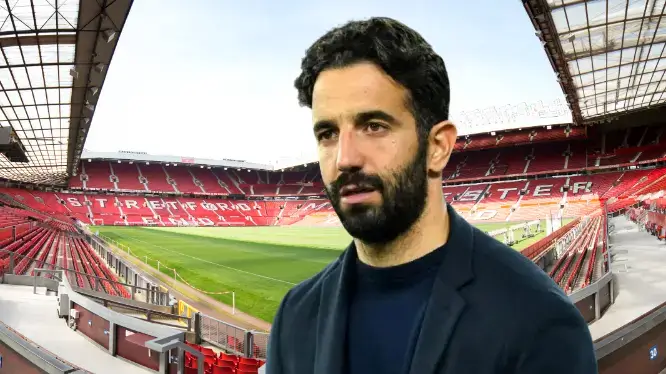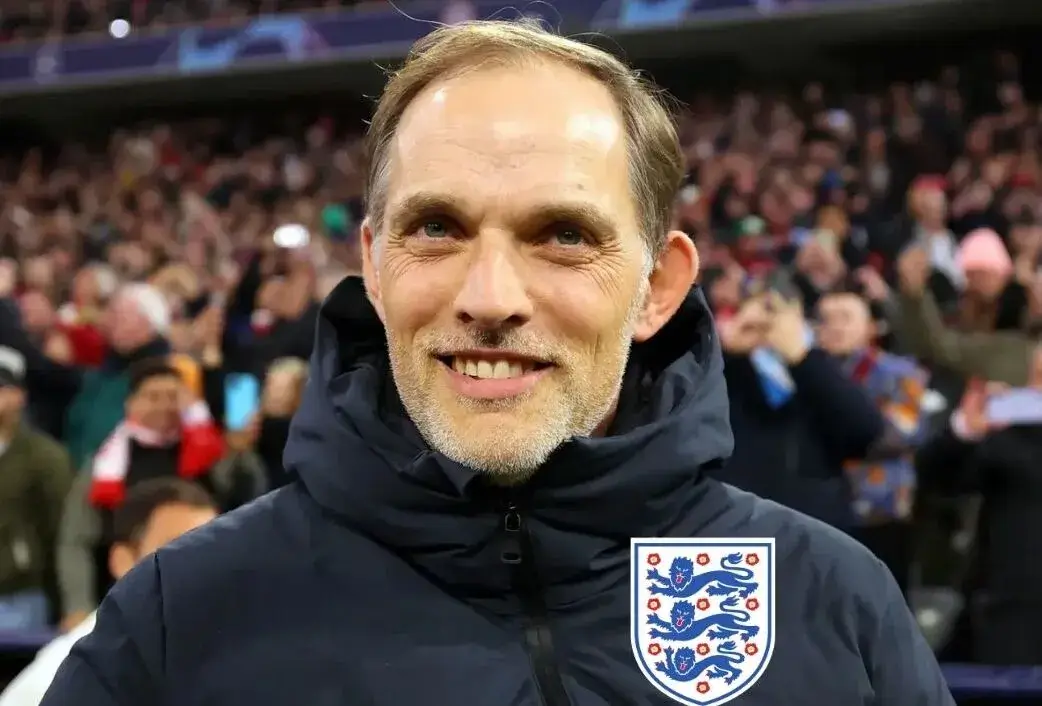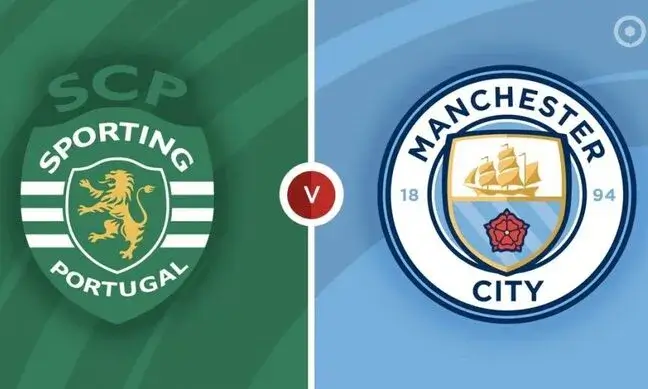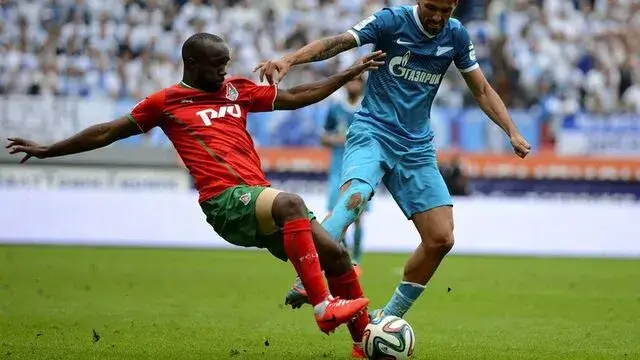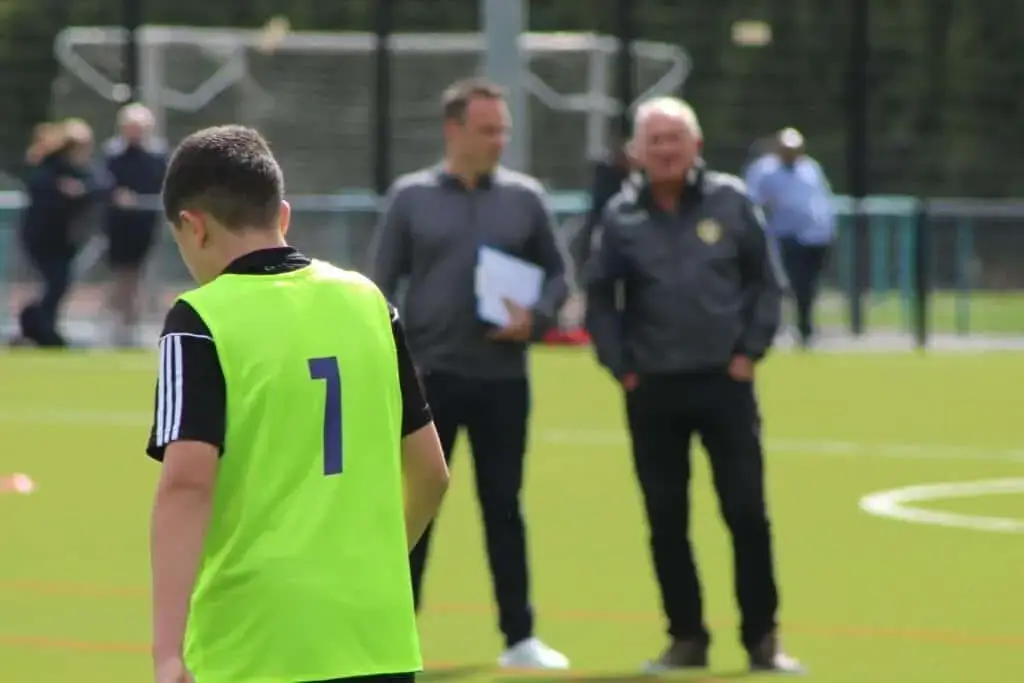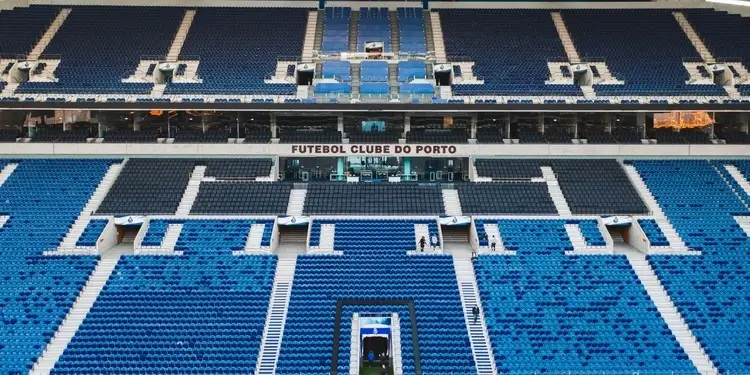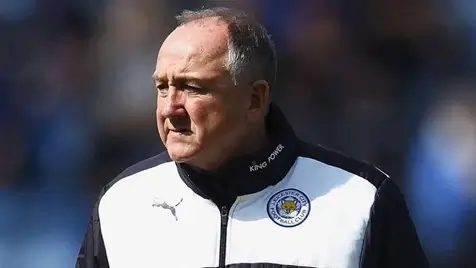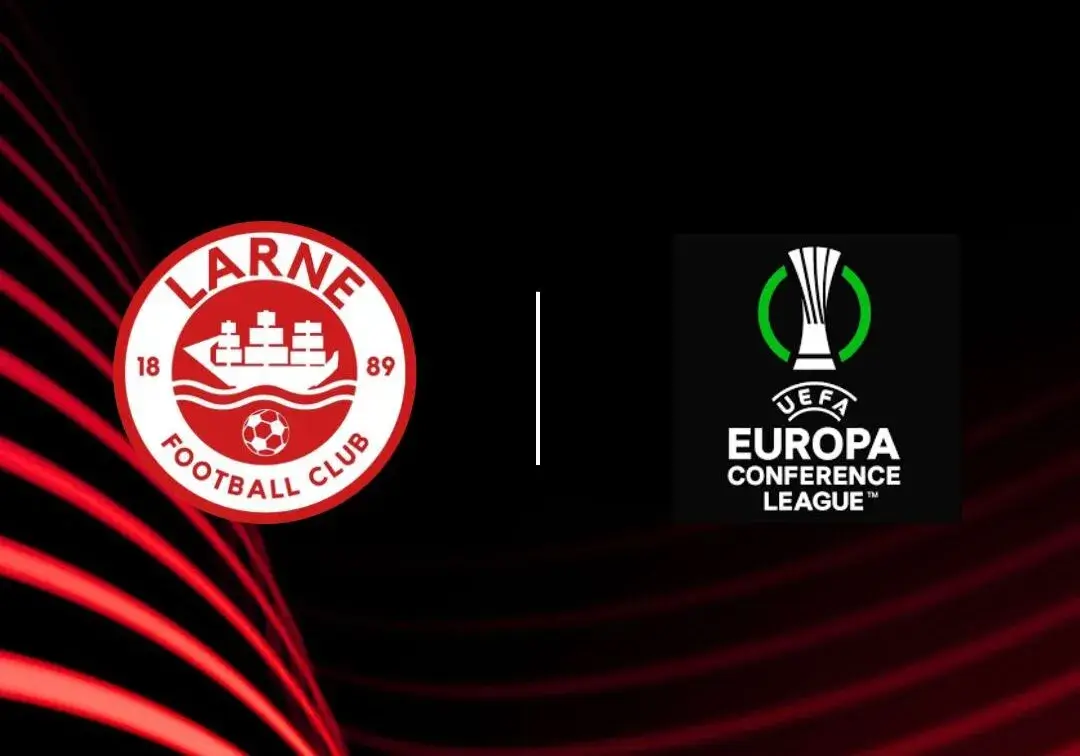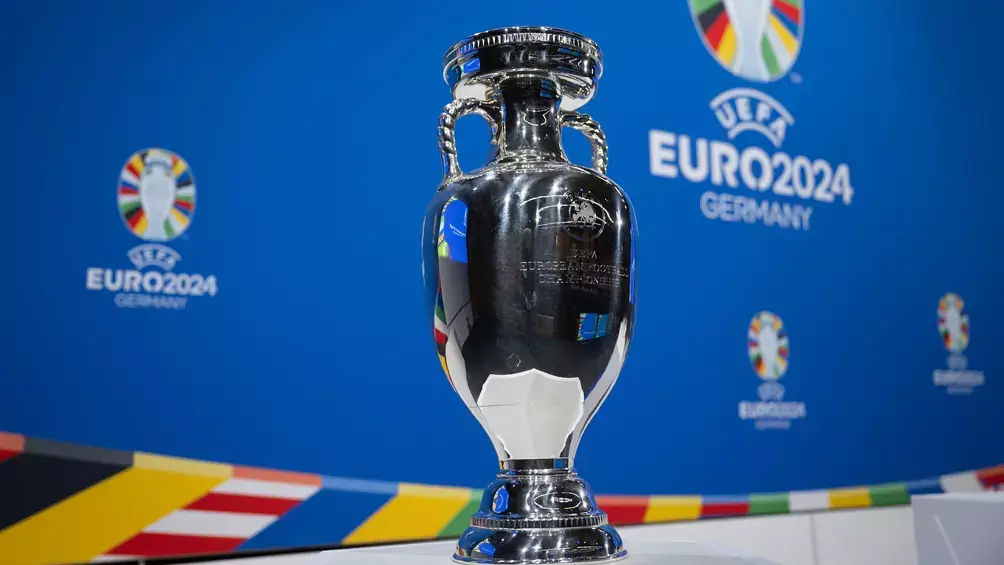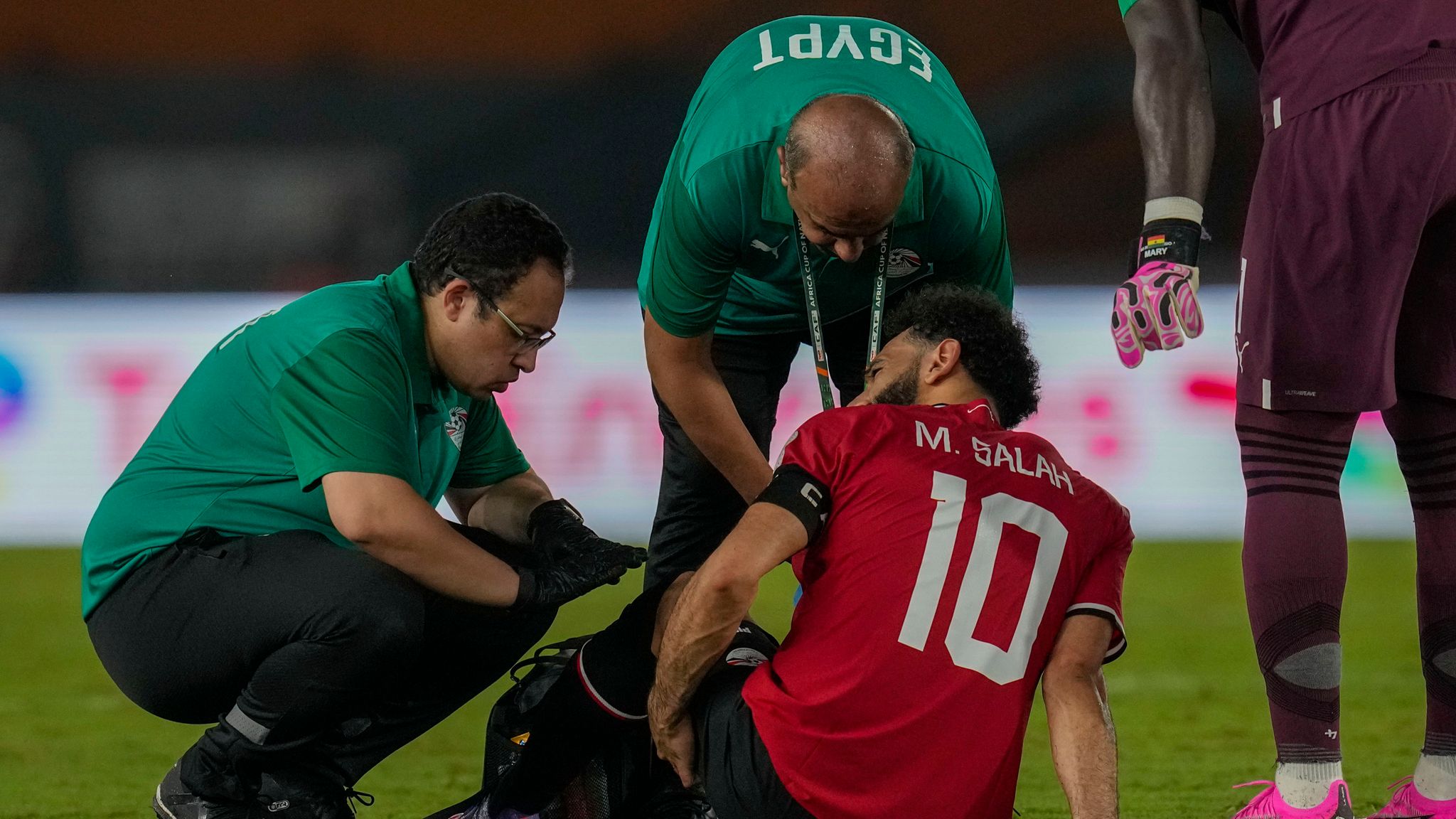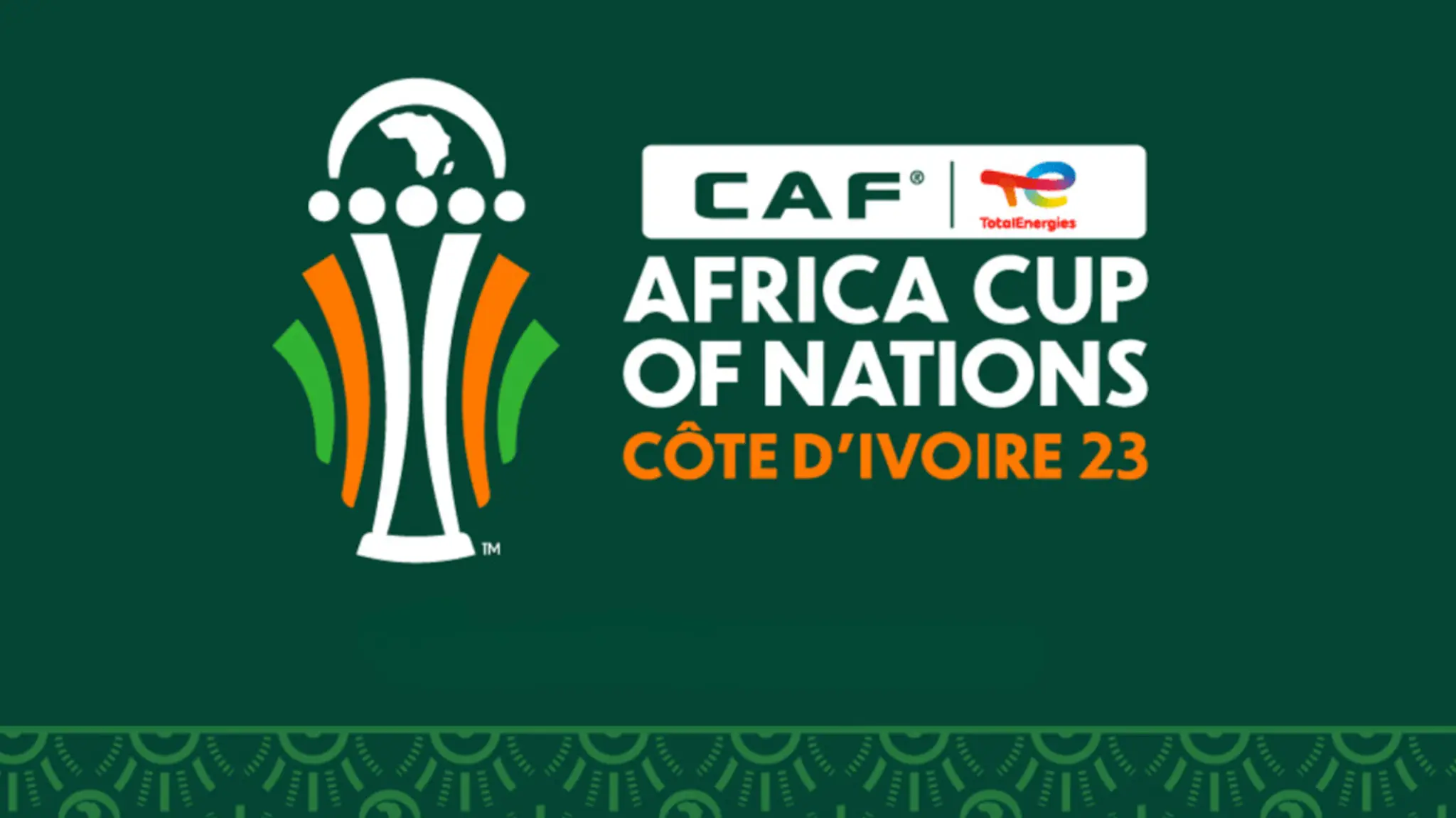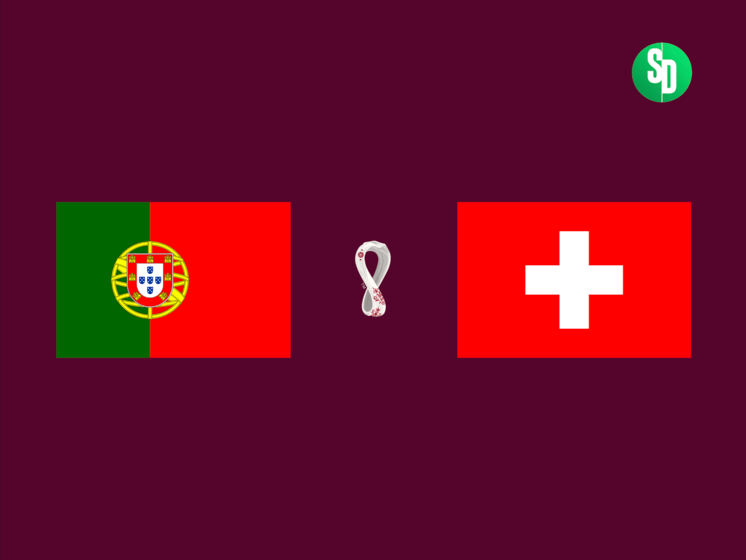Case Study: Larne FC Becomes the First Irish League Club to Progress to the Group Stages of a European Competition
Larne FC - a ScoutDecision strategic scouting partner - has achieved something historic by becoming the first team from the Irish League to reach the group stages of a European competition. This remarkable feat occurred when Larne advanced to the group stage of the UEFA Europa Conference League, a tournament that brings together clubs from across Europe. In this article, we’ll explore how Larne FC made it to this point, the challenges they faced, and what this achievement means for the club and Northern Irish football.
A Brief History of Larne FC
Established in 1889, Larne FC has been an important part of Northern Ireland’s football scene. Despite being well-known locally, the club hadn’t seen major success on a European stage until recently. Things began to shift as Larne FC started to compete more seriously in both the Danske Bank Premiership (Northern Ireland’s top league) and in European tournaments. Their recent success in the UEFA Conference League is a turning point for the club and football in Northern Ireland.
What is the UEFA Conference League?
The UEFA Europa Conference League was created as a new tournament, aimed at giving clubs from smaller footballing countries a chance to play at a European level. While not as high-profile as the UEFA Champions League or Europa League, it gives clubs from nations like Northern Ireland the opportunity to compete on a bigger stage.
For Larne FC, making it to the group stages is a significant achievement. It gives them the chance to play against other European clubs, gain experience, and build their reputation internationally.
Larne FC’s Route to the Group Stages
To reach the Conference League group stages, Larne played through several qualifying rounds. They faced difficult opponents, such as Lincoln Red Imps from Gibraltar, a team with European experience. After a 3-1 victory at Inver Park, Larne secured their place in the next stage.
Key Matches
Larne vs Lincoln Red Imps: In this crucial game, Larne showed resilience and strategy, ultimately winning 3-1 and earning a spot in the Conference League group stages.
Earlier Qualifying Rounds: Before facing the Red Imps, Larne won several matches, proving their strength and determination early on.
Challenges Along the Way
Larne FC’s progress in Europe wasn’t easy. Competing against teams with larger budgets and more experience required careful planning and teamwork. Despite being a smaller club, Larne relied on strong leadership, effective tactics, and the loyalty of their fans.
Off the field, Larne FC had to manage travel, scheduling, and the different styles of play they encountered. These challenges tested their adaptability and determination.
Impact on Football in Northern Ireland
Larne FC’s success isn’t just a victory for them—it’s a positive moment for Northern Irish football. Historically, teams from Northern Ireland haven’t seen much success in European competitions. By reaching the group stages of the UEFA Conference League, Larne has raised the bar for what is possible for Irish League clubs.
This accomplishment can encourage other teams from Northern Ireland to push for similar results. It also highlights the quality of local football, which often doesn’t get the same level of attention as leagues from larger countries.
Financial and Commercial Impact
Making it to the Conference League group stages comes with financial benefits. Larne FC will earn prize money from UEFA, alongside increased ticket sales, sponsorships, and media exposure. These funds will be valuable for improving the club, such as strengthening their squad and upgrading facilities.
Larne FC’s Role in the Community
Larne FC isn’t just a football club; it plays an important role in the local community. Their success in Europe has brought pride to the town of Larne, with more fans attending matches and greater enthusiasm for the sport locally. Young players are especially inspired, now seeing that a small team from Northern Ireland can make a mark on the European stage.
Looking Ahead
With their spot in the UEFA Conference League group stages secured, Larne FC now faces the challenge of playing against some of Europe’s well-established clubs. These games will be valuable opportunities to improve and compete at a higher level. As Larne continues to grow, this experience will help them solidify their position as a team to watch in both domestic and European football.


 9
9

